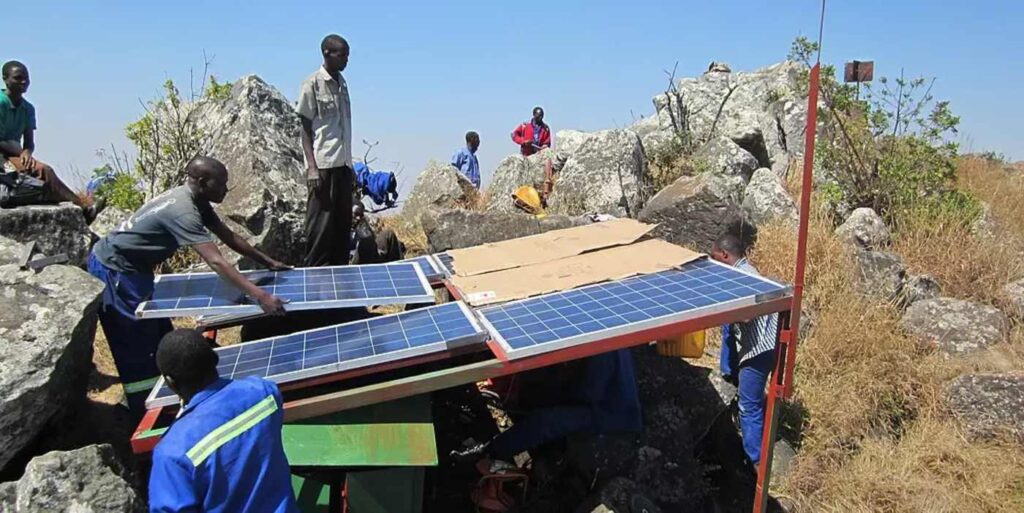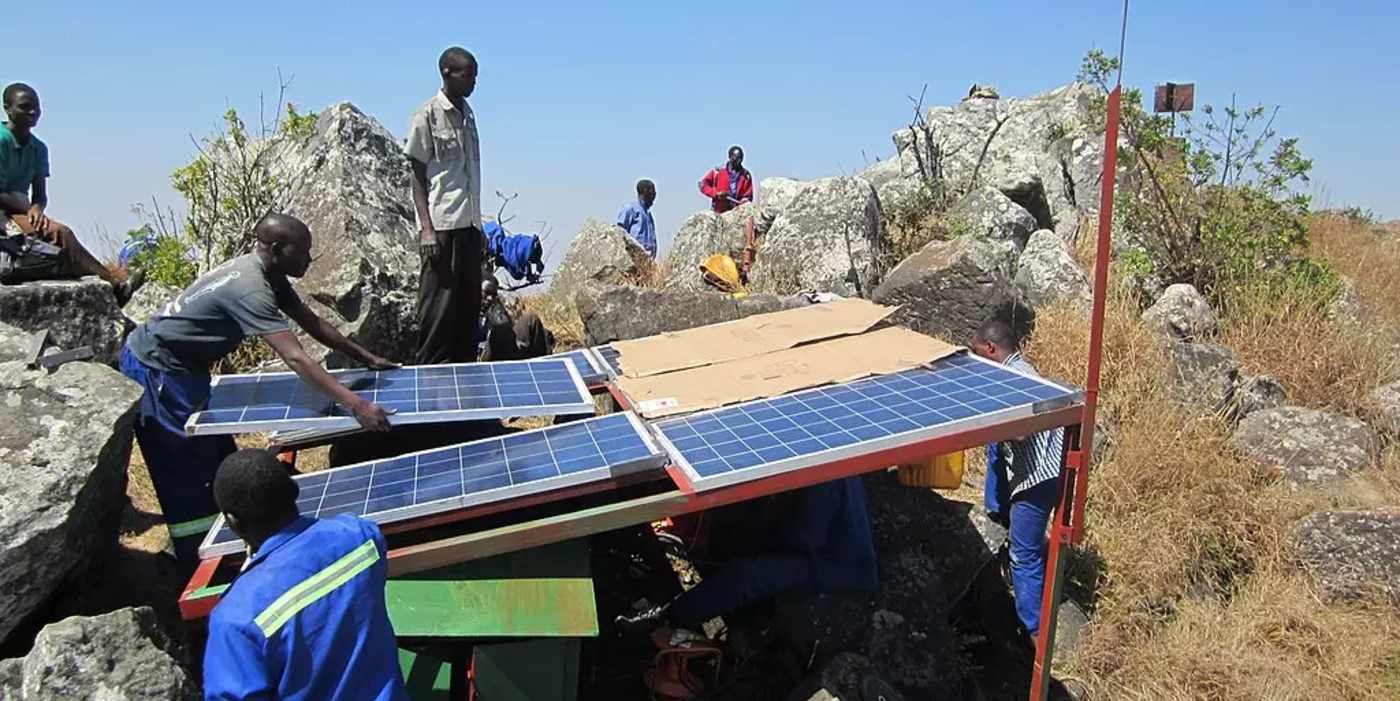
While in America off-grid solar electricity is still fairly uncommon, around the world it gives power to 420 million people.
Furthermore, it’s created an entirely unlooked-for market worth more than $1 billion annually. It’s unlooked-for because—as the first and even second generations of solar panels are nearing the end of their lifecycle—renewable energy pioneers and advocates are hurrying to try and come up with ways to prevent them from inundating landfills with millions of tons of electronic waste.
The International Renewable Energy Agency reports that, by 2050, there will be only slightly more new panels installed per year than there will be panels being decommissioned—and they are predicted to grow to 6% of global electronic waste streams.
MORE: Solar-Powered Refrigeration Trucks Will Cut Pollution From Idling Diesel Engines
The solution to the problem of growing solar waste, is perhaps seeing that a degraded solar panel just needs a slight fix to make it nearly as good as new.
Since 2017, revenues from the off-grid solar industry continue to rapidly grow, increasing by 30% annually, report the World Bank, who add that 180 million off-grid solar panels were sold to people in countries including Nigeria, Pakistan, and Lebanon.
In nations such as these, reliable power for those outside the major cities is hardly the norm. Poor infrastructure and limited investment currently restricts electricity access to about one-ninth of the world’s population.
While perhaps not good enough to maintain government or industry-imposed standards for power generation at a Google campus, decommissioned solar panels are often just fine for meeting the needs of powering a house, or a water pump, or something equally small.
A little opinion piece in Bloomberg remarking on these recent reports noted that second-hand market shipments of retired solar panels in the several thousands are quite the normal.
RELATED: Shade From Solar Panels Increases Abundance of Flowers, Benefiting Pollinators
In the Southern Hemisphere, merely an $11 billion investment at current market conditions would be needed to expand the second-hand solar trade to every unpowered inhabitant.
“The off-grid solar industry is instrumental for achieving universal electricity access,” said Riccardo Puliti of the report, the Regional Director of Infrastructure, Africa, at the World Bank. “We are scaling up our support to client countries by helping them leverage this potential through innovative and financially sustainable solutions.”
ENERGIZE Those Social Feeds By Sharing This Story…




















